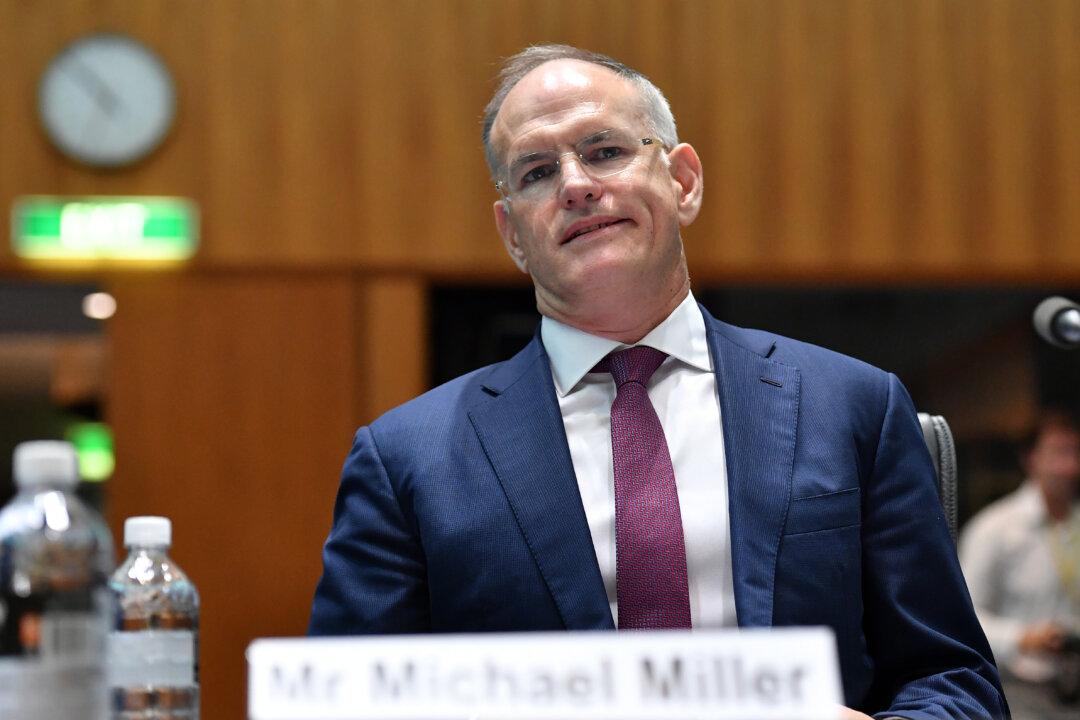News Corp Australia Executive Chairman Michael Miller has called on the federal government to include popular social media platforms in the News Media Bargaining Code to make those companies pay for Australian news content.
The News Media Bargaining Code, which took effect in March 2021, is a mandatory code of conduct that addresses the “bargaining power imbalances” between digital platforms and Australian news businesses, enabling the latter to bargain with the former over payments for putting up news on digital platforms.





